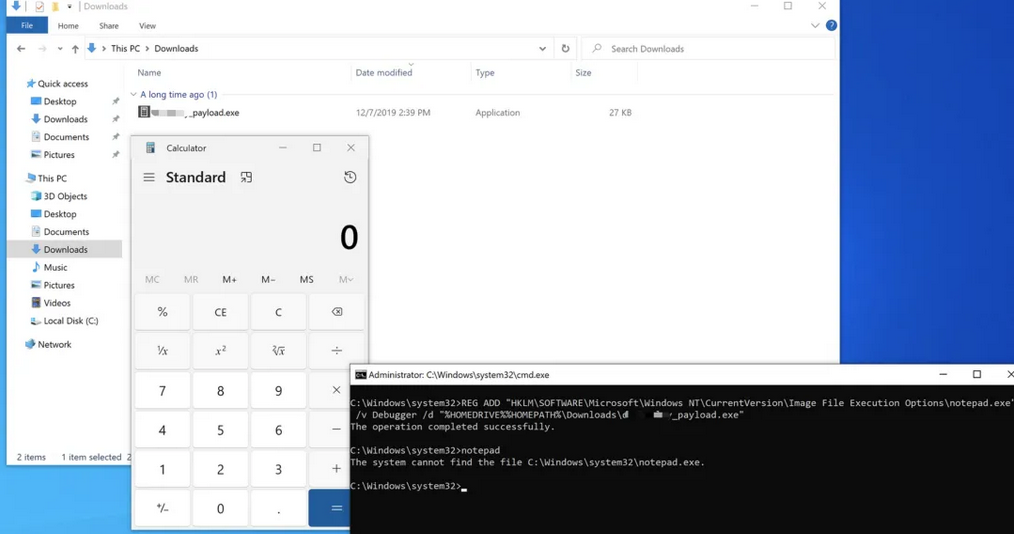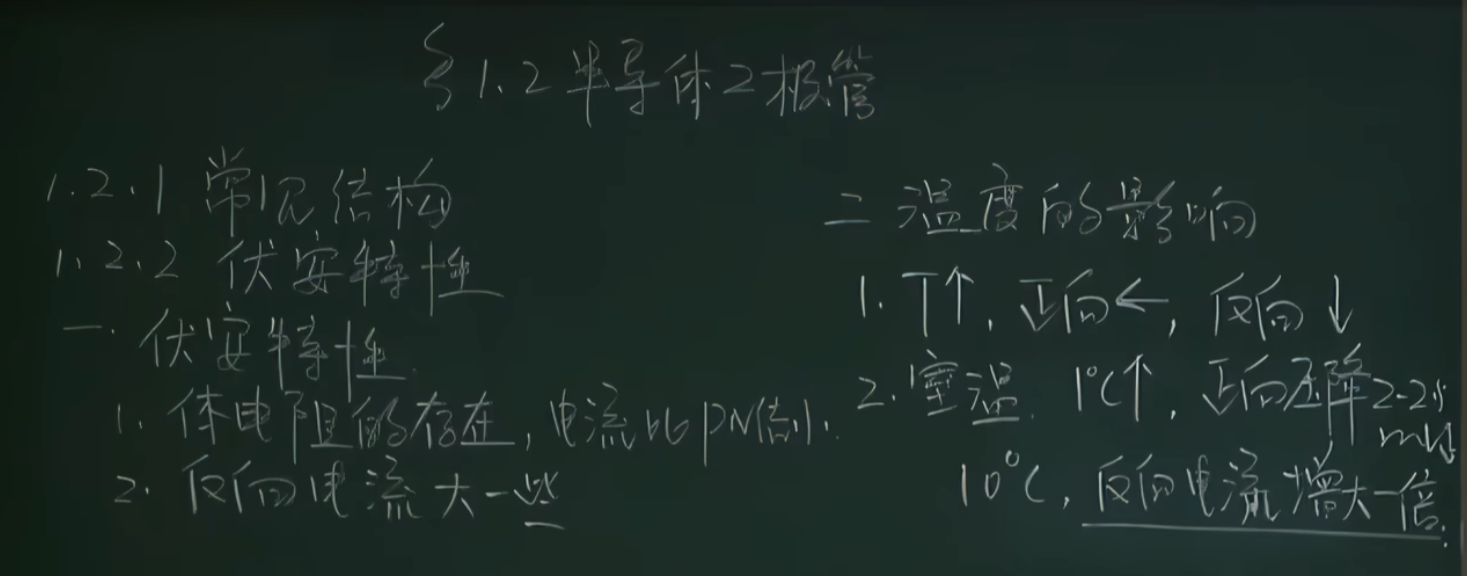题意
对满足以下条件的大小为 \(n\times m\) 值域为 \([1,k]\) 的矩阵计数:
- \(\min_{1\le i\le n}(\max_{1\le j\le m}a_{i,j})\le \max_{1\le j\le m}(\min_{i=1}^na_{i,j})\)
模数 \(998244353\)。
\(nk\le 10^6,m\le 10^9\)
分析
不妨记 \(r_i=\max_{1\le j\le m}a_{i,j},c_j=\min_{1\le i\le n}a_{i,j}\),我们需要对 \(\min_i r_i\le \max_j c_j\),换句话说,需要存在至少一对 \(i,j\) 使得 \(r_i\le c_j\)。
性质 1:若 \(r_i\le c_j\),则 \(r_i=c_j=a_{i,j}\)。
证明:\(a_{i,j}\le r_i\le c_j\le a_{i,j}\)。
性质 2:若 \(i_1\neq i_2,j_1\neq j_2\),\(r_{i_1}\le c_{j_1},r_{i_2}\le c_{j_2}\),则
\(r_{i_1}=r_{i_2}=c_{j_1}=c_{j_2}\)。
证明:\(c_{j_2}\le a_{i_1,j_2}\le r_{i_1},c_{j_1}\le a_{i_2,j_1}\le r_{i_2}\),由于 \(r_{i_1}\le c_{j_1},r_{i_2}\le c_{j_2}\),性质 2 自然成立。
考虑容斥,钦定一部分点 \((i,j)\) 满足 \(r_i\le c_j\),根据性质 2,被钦定的点一定形如 \((x,y),S\subseteq\{1,2,\cdots,n\},T\subseteq\{1,2,\cdots,m\},x\in S,y\in T\)。简单来说就是形成一个矩阵。
枚举 \(x,y\)(式子里的 \(i,j\))以及矩阵内填的数 \(p\)(根据性质 1 和性质 2 矩阵内的数相同),可以得出式子
由于 \(i=1,j=1\) 对答案的贡献为正,所以不需要额外乘 \(-1\)。
将 \(j\) 枚举到后面并二项式定理,推一推可得
时间复杂度 \(O(nk\log m)\)。
点击查看代码
#include<iostream>
#include<cstdio>
#include<cstring>
#include<string>
#include<algorithm>
#include<cmath>
#include<map>
#include<unordered_map>
#include<vector>
#include<queue>
#include<stack>
#include<bitset>
#include<set>
#include<ctime>
#include<random>
#include<cassert>
#define x1 xx1
#define y1 yy1
#define IOS ios::sync_with_stdio(false)
#define ITIE cin.tie(0);
#define OTIE cout.tie(0);
#define PY puts("Yes")
#define PN puts("No")
#define PW puts("-1")
#define P0 puts("0")
#define P__ puts("")
#define PU puts("--------------------")
#define mp make_pair
#define fi first
#define se second
#define gc getchar
#define pc putchar
#define pb emplace_back
#define un using namespace
#define il inline
#define all(x) x.begin(),x.end()
#define mem(x,y) memset(x,y,sizeof x)
#define popc __builtin_popcountll
#define rep(a,b,c) for(int a=(b);a<=(c);++a)
#define per(a,b,c) for(int a=(b);a>=(c);--a)
#define reprange(a,b,c,d) for(int a=(b);a<=(c);a+=(d))
#define perrange(a,b,c,d) for(int a=(b);a>=(c);a-=(d))
#define graph(i,j,k,l) for(int i=k[j];i;i=l[i].nxt)
#define lowbit(x) ((x)&-(x))
#define lson(x) ((x)<<1)
#define rson(x) ((x)<<1|1)
//#define double long double
#define int long long
//#define int __int128
using namespace std;
using i64=long long;
using u64=unsigned long long;
using pii=pair<int,int>;
template<typename T1,typename T2>inline void ckmx(T1 &x,T2 y){x=x>y?x:y;}
template<typename T1,typename T2>inline void ckmn(T1 &x,T2 y){x=x<y?x:y;}
inline auto rd(){int qwqx=0,qwqf=1;char ch=getchar();while(ch<'0'||ch>'9'){if(ch=='-')qwqf=-1;ch=getchar();}while(ch>='0'&&ch<='9'){qwqx=(qwqx<<1)+(qwqx<<3)+ch-48;ch=getchar();}return qwqx*qwqf;
}
template<typename T>inline void write(T qwqx,char ch='\n'){if(qwqx<0){qwqx=-qwqx;putchar('-');}int qwqy=0;char qwqz[40];while(qwqx||!qwqy){qwqz[qwqy++]=qwqx%10+48;qwqx/=10;}while(qwqy--)putchar(qwqz[qwqy]);if(ch)putchar(ch);
}
bool Mbg;
const int maxn=1e6+5,inf=0x3f3f3f3f,mod=998244353;
const long long llinf=0x3f3f3f3f3f3f3f3f;
int n,m,k;
int ksm(int x,int y){int res=1;for(;y;y>>=1,x=x*x%mod)if(y&1)res=res*x%mod;return res;
}
int fac[maxn],inv[maxn];
void init(int lim=1e6){fac[0]=1;rep(i,1,lim)fac[i]=fac[i-1]*i%mod;inv[lim]=ksm(fac[lim],mod-2);per(i,lim-1,0)inv[i]=inv[i+1]*(i+1)%mod;
}
int C(int x,int y){return fac[x]*inv[y]%mod*inv[x-y]%mod;
}
inline void solve_the_problem(){n=rd(),m=rd(),k=rd();int ans=0;rep(i,1,n)rep(p,1,k){const int q=k-p+1;int f1=(ksm(k,n-i)+mod-ksm(q,n)*ksm(ksm(p*q%mod,i),mod-2)%mod)%mod,f2=ksm(k,m*(n-i));f1=(ksm(f1,m)-f2+mod)%mod;int res=ksm(p,m*i)*C(n,i)%mod*f1%mod;if(i&1)ans=(ans+mod-res)%mod;else ans=(ans+res)%mod;}write(ans);
}
bool Med;
signed main(){
// freopen(".in","r",stdin);freopen(".out","w",stdout);fprintf(stderr,"%.3lfMB\n",(&Mbg-&Med)/1048576.0);int _=rd();init();while(_--)solve_the_problem();
}
/**/






![[Java] 计算Java对象大小](https://blog-static.cnblogs.com/files/johnnyzen/cnblogs-qq-group-qrcode.gif?t=1679679148)



